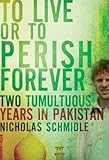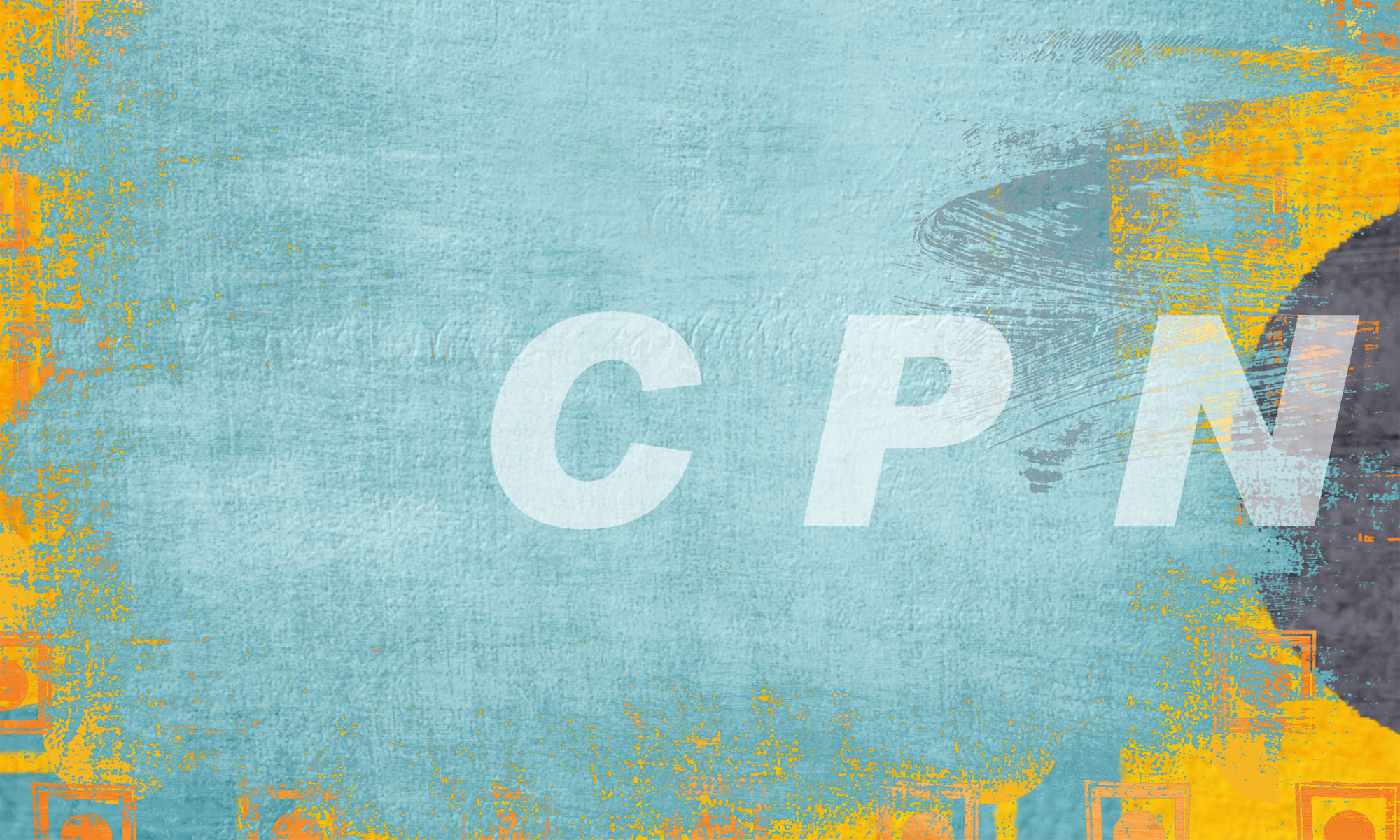
Nicholas Schmidle spoke to the Jefferson Literary and Debating Society on Friday, September 11, 2009 on the subject of his new book, To Live or To Perish Forever: Two Tumultuous Years Inside Pakistan.
 In early 2006, Nicholas moved to Pakistan, backed by a writing fellowship from the Institute of Current World Affairs. He lived and reported in Pakistan for two years, before being deported from Pakistan in January 2008. He has also worked in Iran, Afghanistan, Bangladesh, Tajikistan, Uzbekistan, and Kyrgyzstan. Nicholas received the 2008 Kurt Schork Award for freelance journalism, based on his work in Afghanistan and Pakistan. He speaks Persian and Urdu, and is a graduate of James Madison University and American University.
In early 2006, Nicholas moved to Pakistan, backed by a writing fellowship from the Institute of Current World Affairs. He lived and reported in Pakistan for two years, before being deported from Pakistan in January 2008. He has also worked in Iran, Afghanistan, Bangladesh, Tajikistan, Uzbekistan, and Kyrgyzstan. Nicholas received the 2008 Kurt Schork Award for freelance journalism, based on his work in Afghanistan and Pakistan. He speaks Persian and Urdu, and is a graduate of James Madison University and American University.
Mr. Schmidle is a freelance writer whose work focuses on the intersection of culture, religion, politics, and security in the developing world. He is a fellow at the New America Foundation. Mr. Schmidle contributes to The New York Times Magazine, Slate, The New Republic, The Washington Post, The Virginia Quarterly Review, Smithsonian and others. He has written on a range of topics, including Sufi festivals and Taliban lashings in Pakistan, rising sea levels in the Maldives, women’s boarding schools in Saudi Arabia, and al-Qaeda’s franchise in Mauritania.


 Award-winning photojournalist
Award-winning photojournalist 